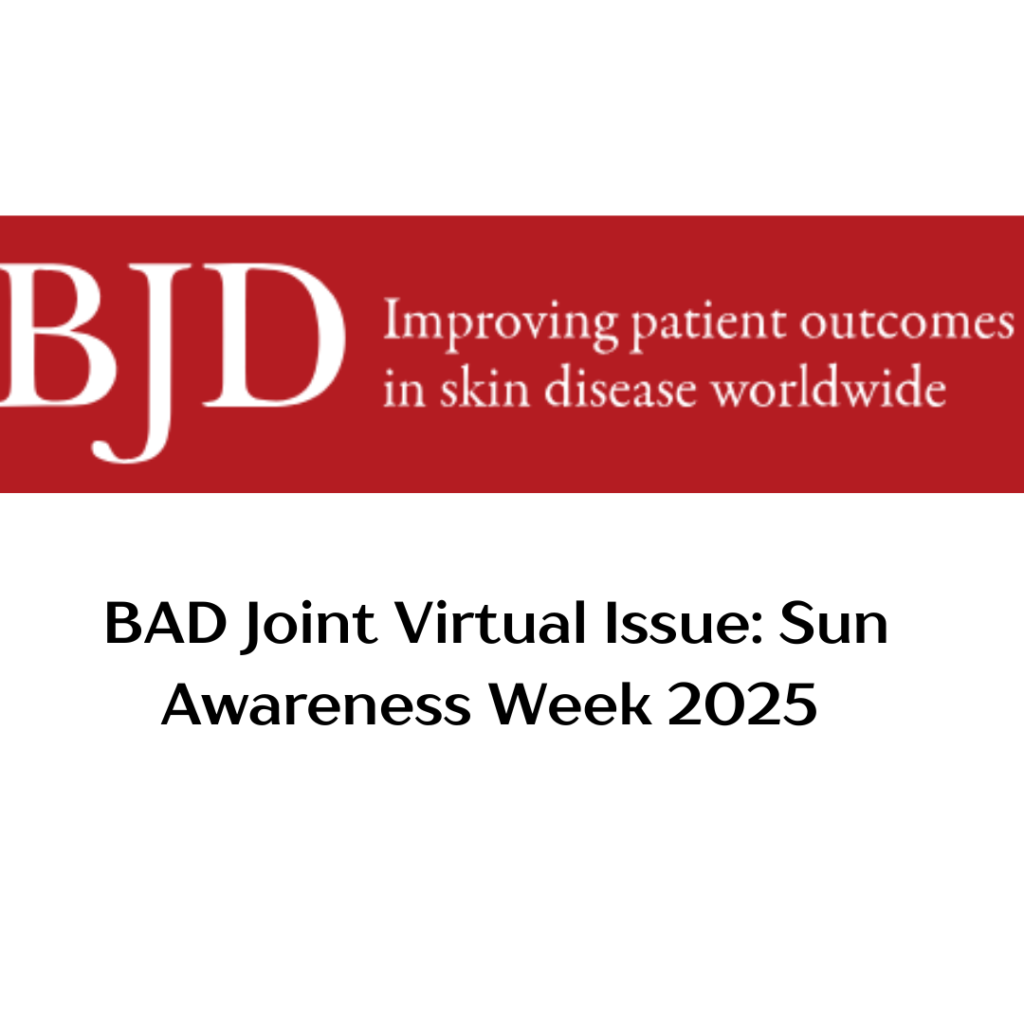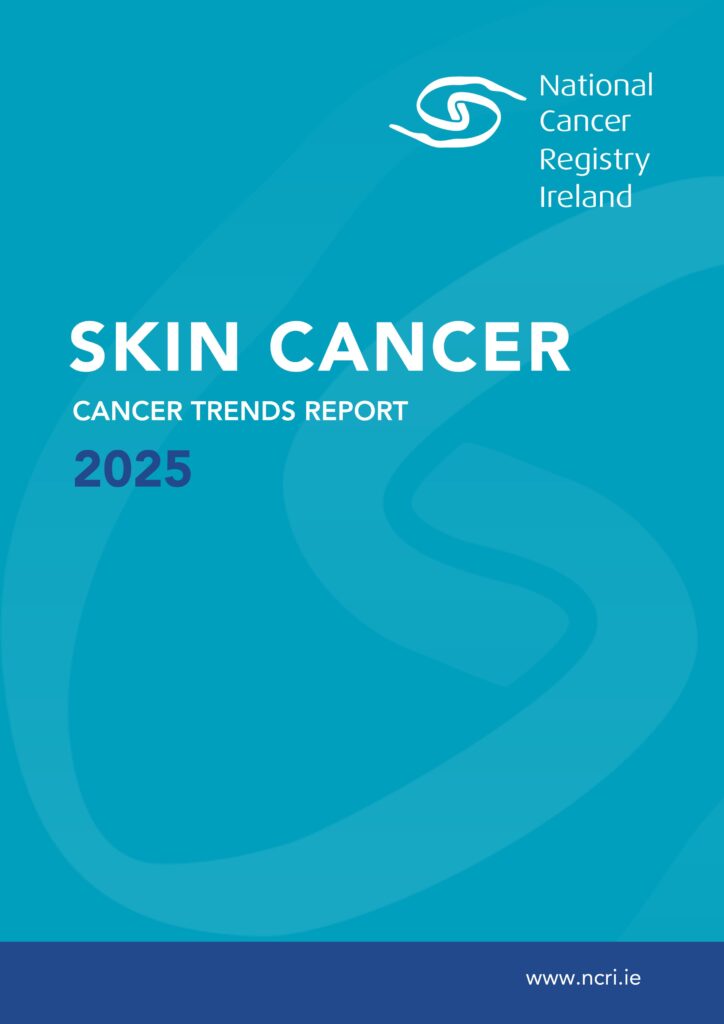Dr Alan Maddock, lecturer at Queen’s University Belfast, discusses ‘The impact of Mindfulness-Based Cognitive Therapy on Psoriasis’.
According to new data released by the Global Psoriasis Atlas, an estimated 82,900 people in Ireland live with psoriasis.
As well as managing the physical symptoms of psoriasis, patients can experience a range of emotional, psychological and social difficulties including increased stress, issues in body image, self-esteem, embarrassment, shame, frustration and a sense of helplessness.
These difficulties can lead to a significant proportion of psoriasis patients suffering from depression, anxiety and poorer psychological wellbeing. Psoriasis patients are thus good candidates for mental health support.
Despite this, psoriasis patients’ mental health needs are generally neglected in dermatological and psychological research and practice. This is partially due to the limited research carried out on interventions that might improve psoriasis and its associated mental health impacts.
A recent set of studies conducted by Dr. Alan Maddock and colleagues investigated the potential effectiveness of a promising holistic mindfulness intervention named Mindfulness-Based Cognitive Therapy (MBCT) on psoriasis, anxiety, depression and psychological wellbeing.
This set of studies also explored the ways in which this intervention might be effective.
What is MBCT?
MBCT is an 8-week group intervention, usually 2 hours in length. MBCT integrates selected elements of cognitive behavioral therapy for depression with the clinical application of mindfulness meditation.
MBCT is delivered by group facilitator(s) who teach different meditative techniques including the body scan and mindful movement.
As part of these sessions psycho-education about thoughts, physical sensations and their bi-directional impact on mood is delivered.
Effectiveness of MBCT on psoriasis, anxiety, depression and psychological wellbeing
Maddock and colleagues conducted a randomised control trial on the effectiveness of MBCT on psoriasis symptoms and the mental health issues associated with psoriasis.
Maddock and colleagues found that after completing the MBCT intervention patients reported large positive changes in their psoriasis symptoms, a medium change in depressive symptoms and a mild to medium change in both their anxiety symptoms and psychological wellbeing compared to controls.
When these groups were tested 3 months after the intervention the change in depression remained.
The reason why these changes may not have sustained in psoriasis symptoms, anxiety and psychological wellbeing may be due to the participants not continuing on their mindfulness exercises after the intervention ended.
Maddock and colleagues also found that through participating in the MBCT group that participants became more self-compassionate; had an improved capacity to focus their attention on the present (shifting this from the past and future); were less avoidant in how they coped; increasingly accepted their thoughts and emotions; were less attached to outcomes; and experienced increased mindfulness.
Potential reasons for the changes in anxiety, depression and psychological wellbeing
Maddock and colleagues also conducted a study, which analysed the changes experienced by the psoriasis patients in both the MBCT and the control groups.
They found that through increased self-compassion, an increased capacity to focus on the present moment and the increased mindfulness, the MBCT participants experienced less anxiety. The MBCT participants also reported through reduced avoidance of difficult thoughts, emotions and physical sensations they experienced reduced anxiety and improved psychological wellbeing.
Sources
This summary was based on the research studies listed below:
- Maddock, A., Hevey, D., D’Alton, P., & Kirby, B. (2019). A randomized trial of mindfulness-based cognitive therapy with psoriasis patients. Mindfulness, 10(12): 2606-2619.
- Maddock, A., Hevey, D., D’Alton, P., & Kirby, B. (2019). Testing a Moderated Mediation Model of MBCT’s Effects for Psoriasis Patients. Mindfulness, 10(12): 2673-2681.
If you would like more information on the research papers please contact the Irish Skin Foundation at info@irishskin.ie.
Please note, the videos accompanying the summary on this page were recorded in January 2020 for the purposes of providing an overview of research examining the impact of MBCT on psoriasis.
For a general guide on what mindfulness is and the potential benefits, the author of this piece has suggested, ‘Mindfulness A Practical Guide to Finding Peace in a Frantic World‘, by J. Mark G Williams, Danny Penman (available online). The book comes with CD’s or mp3 (4) files which contain mindfulness practices for people to follow.
The content on this page is not intended to be a substitute for professional medical advice, diagnosis, or treatment. If your mental health has been impacted by the COVID-19 pandemic, or generally, please consult with your GP or mental health professional before adopting a new intervention approach, such as mindfulness.
For more information about psoriasis, visit our Psoriasis Section to download our booklet, What you need to know about Psoriasis or contact the ISF Helpline for one-to-one information and support.












